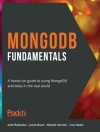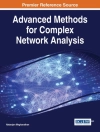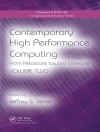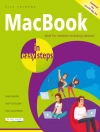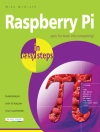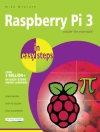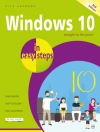This book is dedicated to the systematization and development of models, methods, and algorithms for queuing systems with correlated arrivals. After first setting up the basic tools needed for the study of queuing theory, the authors concentrate on complicated systems: multi-server systems with phase type distribution of service time or single-server queues with arbitrary distribution of service time or semi-Markovian service. They pay special attention to practically important retrial queues, tandem queues, and queues with unreliable servers.
Mathematical models of networks and queuing systems are widely used for the study and optimization of various technical, physical, economic, industrial, and administrative systems, and this book will be valuable for researchers, graduate students, and practitioners in these domains.
Table of Content
Mathematical Methods to Study Classical Queuing Systems.- Methods to Study Queuing Systems with Correlated Arrivals.- Queuing Systems with Waiting Space and Correlated Arrivals and Their Application to Evaluation of Network Structure Performance.- Retrial Queuing Systems with Correlated Input Flows and Their Application for Network Structures Performance Evaluation.- Mathematical Models and Methods of Investigation of Hybrid Communication Networks Based on Laser and Radio Technologies.- Tandem Queues with Correlated Arrivals and Their Application to System Structure Performance Evaluation.- App. A, Some Information from the Theory of Matrices and Functions of Matrices.


